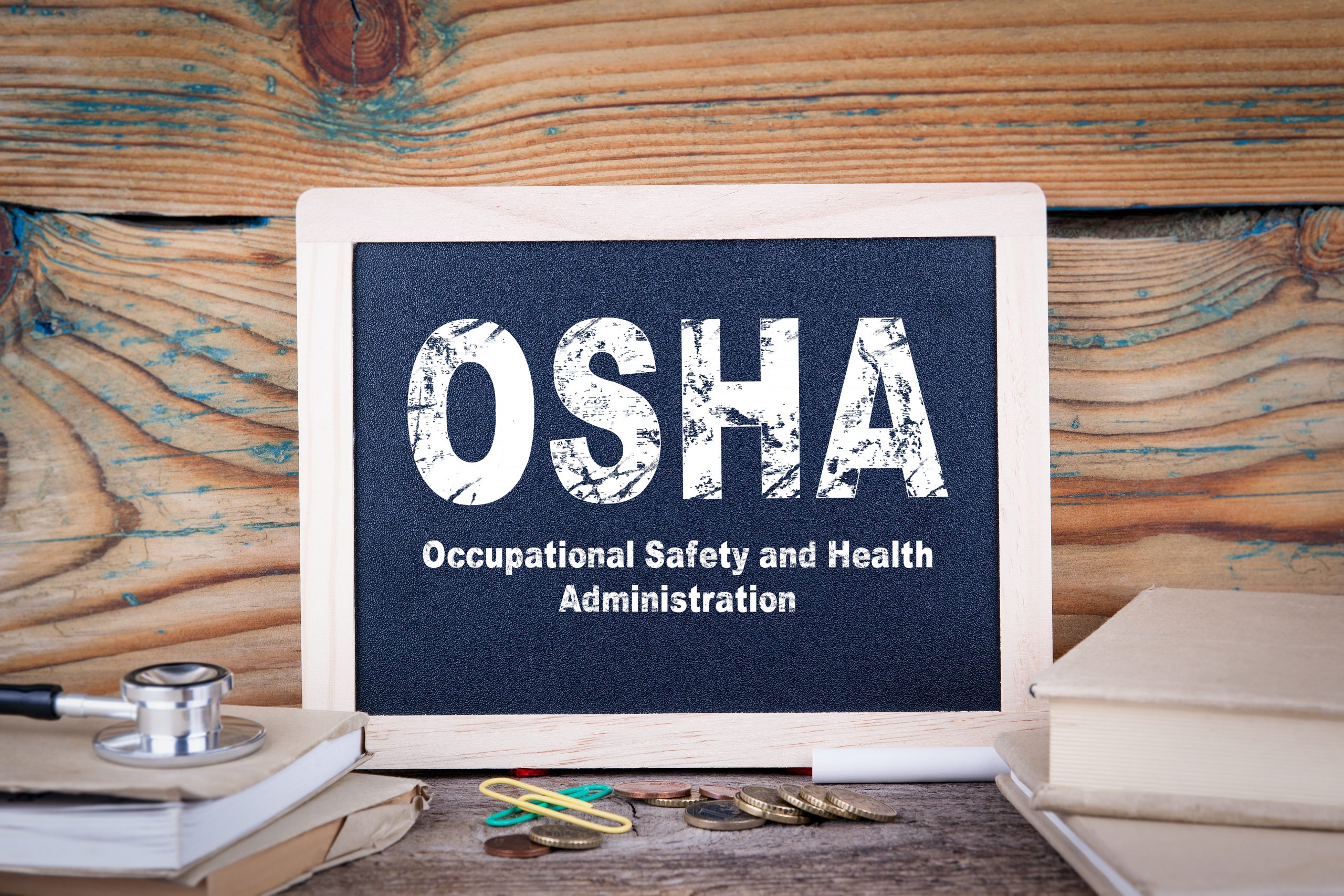
Despite COVID-19 turning your business upside-down for the last month with new laws and stay-at-home orders, remember business owners are still required to comply with all the other employment laws that predated this crisis: “FMLA Classic,” FLSA, Title VII, ADEA, ACA, ADA, etc., etc. None of these laws are dormant while you figure out how to get a loan through PPP to pay your employees or implement FFCRA sick leave, and you still have compliance obligations. For instance, the Occupational Safety and Health Administration (OSHA) recently issued a memo regarding the way COVID-19 interplays with your business’s pre-existing OSHA obligations, particularly as it relates to reporting infections in the workplace.
OSHA set forth three steps to determine whether an employer must record and report an employee’s COVID-19 case. First, the case must be a confirmed case of COVID-19, defined by the CDC. The definition is pretty broad and seems to include employees who are asymptomatic. Second, the COVID-19 case must be “work related.” In other words, did work cause or contribute to the employee contracting the illness? And third, the COVID-19 case must meet the general recording criteria – specifically, has there been a death, days away from work, restricted work or transfer to another job, medical treatment beyond first aid, or loss of consciousness? An affirmative answer to all three of the above steps means you need to record the COVID-19 case.
The seemingly biggest issue employers will have to resolve concerns establishing whether a COVID-19 case is work related. COVID symptoms typically manifest days or even weeks after an actual exposure/infection, and without knowing the precautions (or lack thereof) the employee may have taken outside of work, even the most diligent employers will likely have difficulty determining the work-relatedness of a particular case. OSHA seems to understand this issue and has relaxed its work-relatedness enforcement to only those situations where:
• “There is objective evidence that a COVID-19 case may be work-related. This could include, for example, a number of cases developing among workers who work closely together without an alternative explanation; and
• The evidence was reasonably available to the employer. For purposes of this memorandum, examples of reasonably available evidence include information given to the employer by employees, as well as information that an employer learns regarding its employees’ health and safety in the ordinary course of managing its business and employees.”
OSHA established a less imposing enforcement policy to allow employers to focus more on installing COVID-19 prevention practices and less on onerous recordkeeping. The idea is for employers to worry more about preventing the spread of COVID-19 and taking practical, smart steps to keep their employees safe while operating their business. Unsurprisingly, OSHA would rather employers focus on good hygiene practices and so, highlights new best practices such as cleaning workstations before and after shifts, keeping employees at least six feet apart, staggering shifts to have a less crowded office, and encouraging hand washing throughout the day. And, of course, employers should continue to emphasize their ongoing safety policies and practices.
Other federal, state, and local agencies are regularly issuing new guidance to keep employers on top of their pre-COVID obligations, as well as help them prepare to get folks back into the workplace. Stay tuned later this week as we catalog the considerations employers should be undertaking now to ease the transition back to our new normal.
Get Answers from a Georgia Employment Law Attorney
Stanton Law is your resource for updates on OSHA’s reporting guidelines regarding COVID-19, as well as the pandemic’s other effects on your business. Just contact your experienced Atlanta employment attorneys at 404-531-2341 or online.